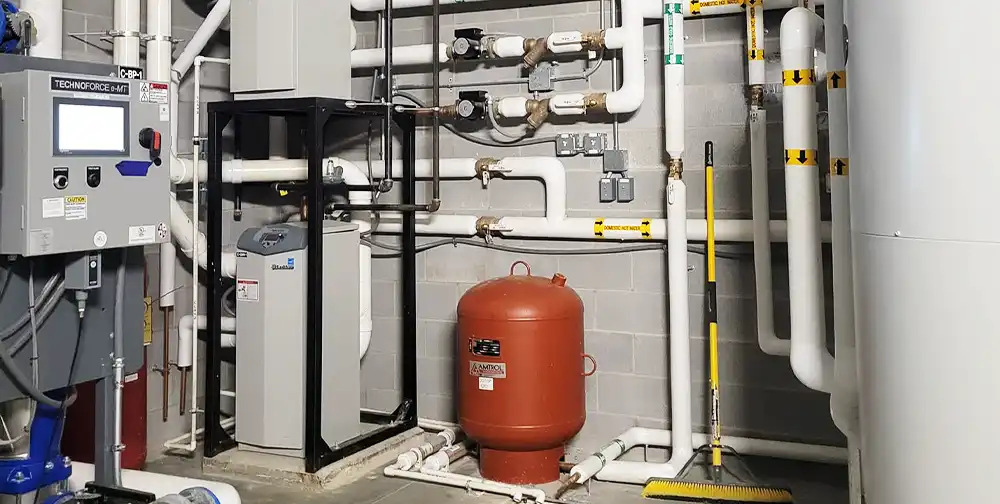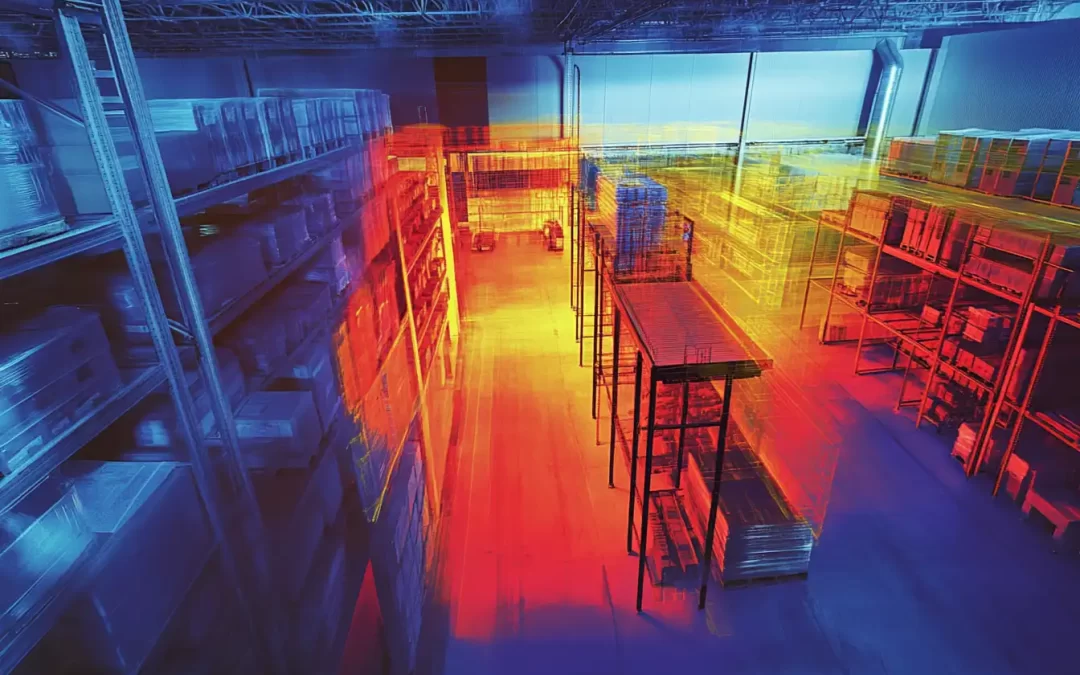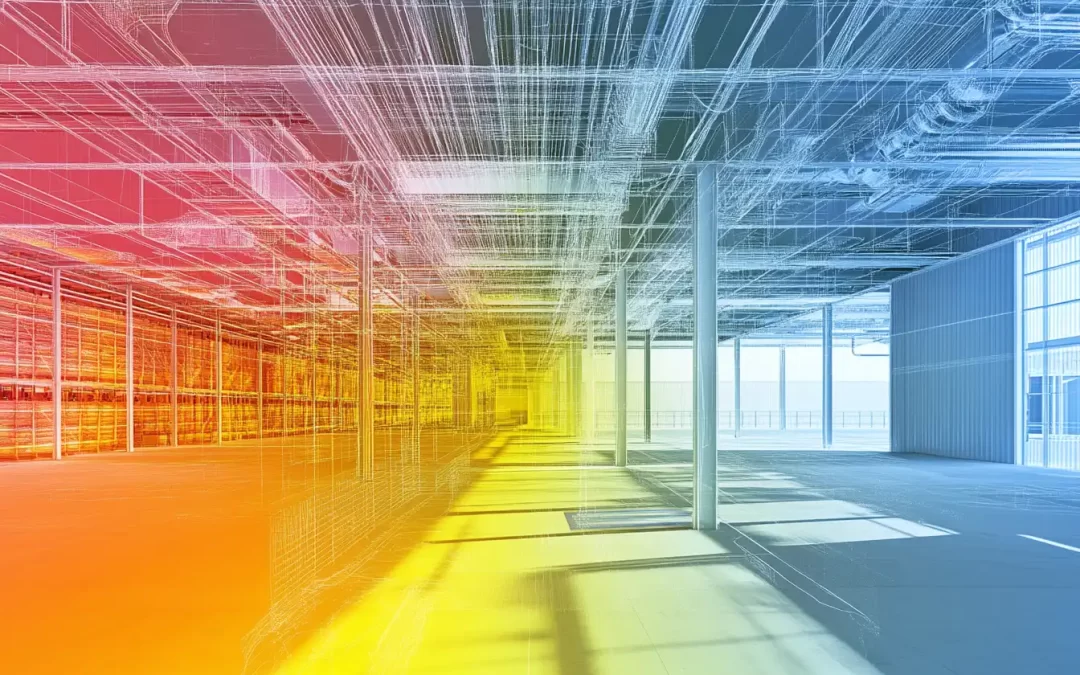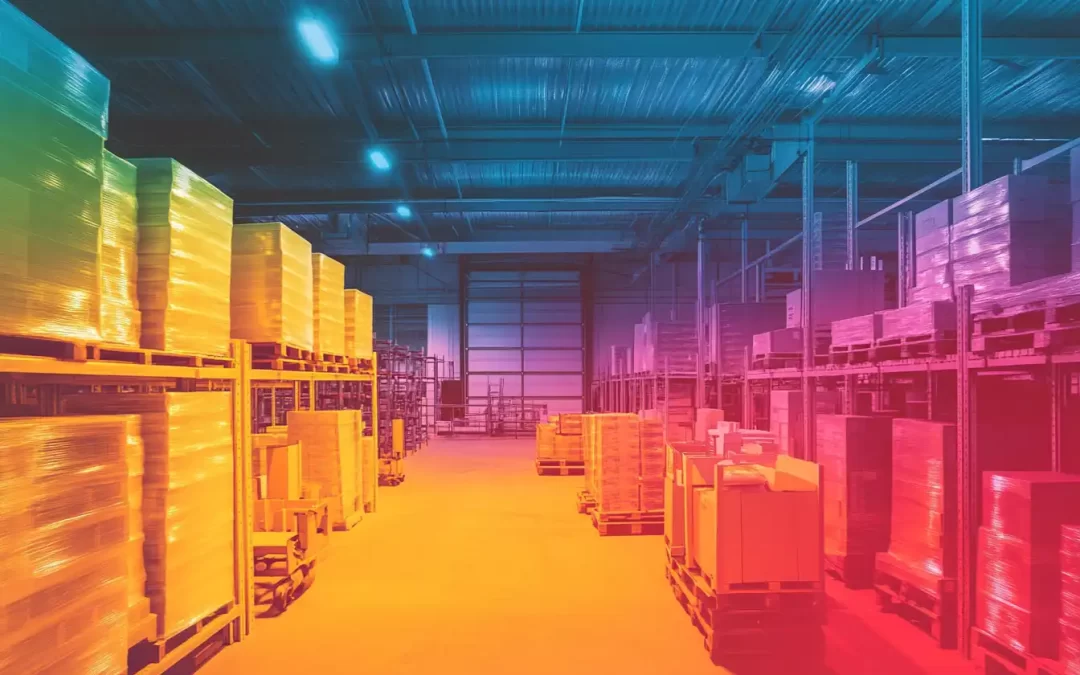How to Build a Reliable HVAC Infrastructure for Your Commercial Facility
Whether you’re managing a manufacturing plant, a multi-tenant office building, or a critical institutional facility, your HVAC system is far from background noise—it’s the backbone of daily operations. A reliable HVAC infrastructure keeps energy costs in check, improves air quality, and minimizes costly disruptions. But achieving year-round reliability takes more than just purchasing new equipment. It demands thoughtful planning, expert installation, and ongoing service.
In this guide, we’ll outline the key components of a dependable HVAC system and how Choice Mechanical Services supports Indianapolis and Central Indiana businesses with turnkey commercial HVAC solutions.
1. Strategic HVAC-R System Design: Laying the Foundation
Before equipment ever arrives on site, a successful HVAC project begins with a tailored system design. Without proper planning, you risk oversized equipment, energy waste, poor airflow, and uneven comfort.
- Perform detailed load calculations using building size, occupancy, heat gain, and insulation values
- Account for zoning needs, special-use areas, and changing occupancy patterns
- Design ductwork for balanced airflow and efficient air distribution
- Plan for adequate ventilation and humidity control during initial layout
Our commercial HVAC-R services team helps you plan with precision to avoid future performance issues and code compliance concerns. Talk to our HVAC design experts about starting your project on solid footing.
2. Selecting the Right Equipment for Your Application
Not all HVAC equipment performs the same. What works in an office building may fall short in a manufacturing facility. Your HVAC partner should help evaluate system types based on building size, use, and performance priorities.
- Boilers: Great for hydronic heating, radiant systems, and high-output heating loads. Our boiler repair and installation team supports both retrofits and new construction.
- Chillers: Common in industrial, data, and institutional applications. We provide chiller solutions for air- and water-cooled systems.
- RTUs: Packaged rooftop units are ideal for retail and commercial buildings with predictable loads.
- VRF/VRV: Variable systems allow for zone-level control and higher energy efficiency in mixed-use buildings.
Every building is unique. That’s why we guide facility managers through sizing, redundancy, and energy efficiency goals to build smarter systems—not just newer ones. Need help selecting the right HVAC equipment? Let’s talk.
3. Integrate Reliable Piping and Mechanical Infrastructure
No HVAC system performs well without strong mechanical infrastructure behind it. From chilled water loops to high-pressure steam or hot water distribution, your piping layout must be designed and installed with precision.
- Custom piping designs to match system type and load requirements
- Welded connections for pressure integrity and long-term durability
- Material selection based on temperature, pressure, and project scope
- Retrofit strategies to minimize disruption to ongoing operations
Our piping and plumbing division handles full-system layouts, code-compliant welding, and seamless integrations with existing infrastructure. Need custom mechanical piping? We design and install systems built to last.
4. Implement an Energy-Efficient Control Strategy
Even the best HVAC equipment needs intelligent controls to run efficiently. By automating your system based on occupancy, temperature trends, or utility rates, you can dramatically reduce waste and improve performance.
- Building management systems (BMS) for centralized control
- Smart thermostats, timers, and sensors for zone-level precision
- System monitoring to detect faults, airflow problems, or inefficiencies
- Integration with lighting, security, and life safety systems
Whether you’re operating a single-site warehouse or a multi-tenant building, our team helps you scale your controls to meet your needs and budget. Ask how modern control systems can reduce your operating costs.
5. Secure Ongoing Performance with Preventative Maintenance
Even the best HVAC systems need regular care. Preventative maintenance ensures you get maximum uptime, energy efficiency, and lifespan from your equipment. More importantly, it helps you avoid disruptive emergency repairs.
- Seasonal inspections and tune-ups based on system type
- Coil cleaning, filter changes, belt checks, and refrigerant testing
- Lubrication and electrical component testing
- Detailed reports to support warranty and compliance
Our commercial maintenance agreements are built to match your equipment, schedule, and budget. And if you’re wondering whether maintenance really saves money, read this guide to the hidden cost of skipping HVAC maintenance.
6. Be Prepared with 24/7 Emergency HVAC Services
No matter how well you plan, emergencies can still happen. When your system fails during production or business hours, every minute counts. Having a partner who’s always available is essential.
- Emergency HVAC services available 24/7/365 throughout Central Indiana
- Fully equipped service trucks for rapid diagnostics and repairs
- Support for chillers, boilers, RTUs, and custom systems
Need peace of mind? Choice Mechanical is here when your facility needs us most.
Add us to your emergency response plan—we’re always just a call away.
Frequently Asked Questions
What makes commercial HVAC different from residential systems?
Commercial systems are larger, more complex, and designed for higher performance demands. They often involve zoning, variable capacity, advanced controls, and specialized equipment like boilers and chillers.
How often should a commercial HVAC system be serviced?
We recommend two service visits per year—before heating and cooling seasons. High-demand or mission-critical buildings may require quarterly maintenance to maintain uptime.
Can you retrofit outdated HVAC systems?
Yes. Our team specializes in HVAC retrofits for older buildings. We upgrade systems with modern equipment, piping, and controls to bring your facility up to today’s performance and efficiency standards.
What’s the ROI of modern HVAC systems?
Energy-efficient systems reduce utility bills, qualify for rebates, and last longer than legacy equipment. When paired with proper maintenance, the return on investment is substantial.
Do you provide full design-build services?
Absolutely. We work directly with facility managers and general contractors to plan and execute turnkey HVAC solutions—on time and on budget.
Partner with Commercial HVAC Experts in Indiana
Building a reliable HVAC infrastructure isn’t about picking parts from a catalog. It’s about working with a contractor who understands your operational needs, code requirements, and long-term goals. At Choice Mechanical Services, we help commercial clients across Indianapolis and Central Indiana design, install, and maintain systems that deliver true performance.
Let’s build a smarter, more reliable HVAC system together. Contact us today.




